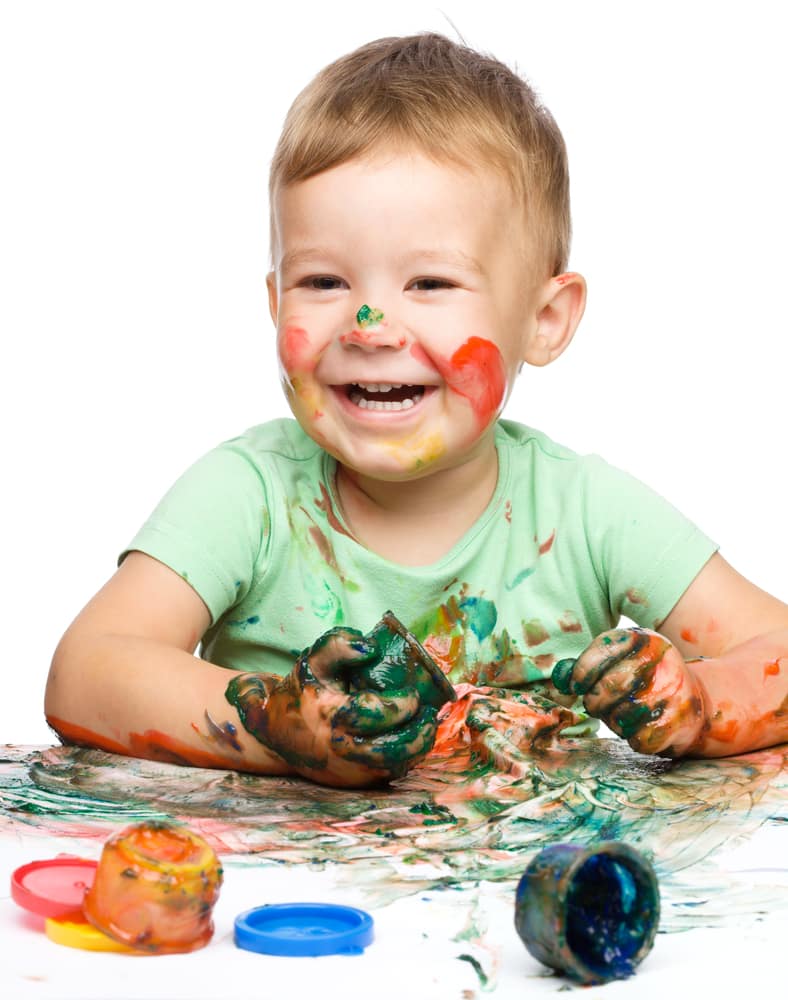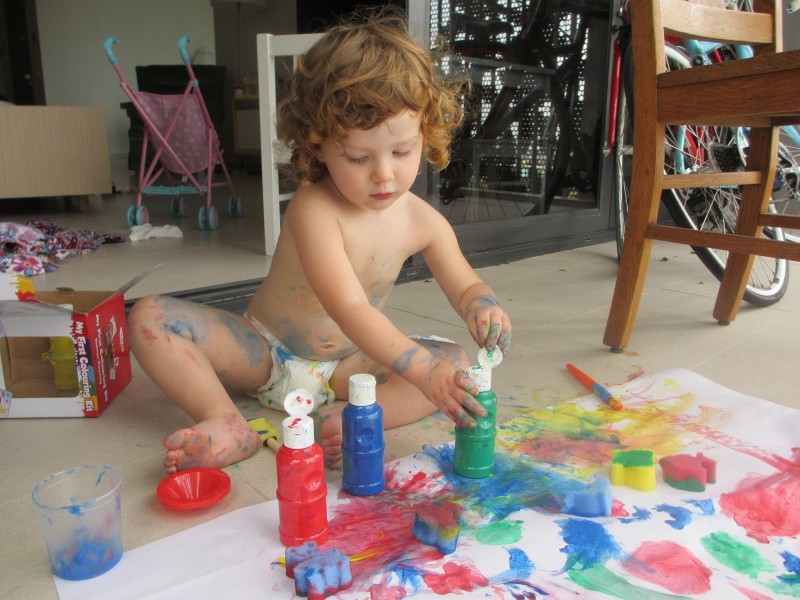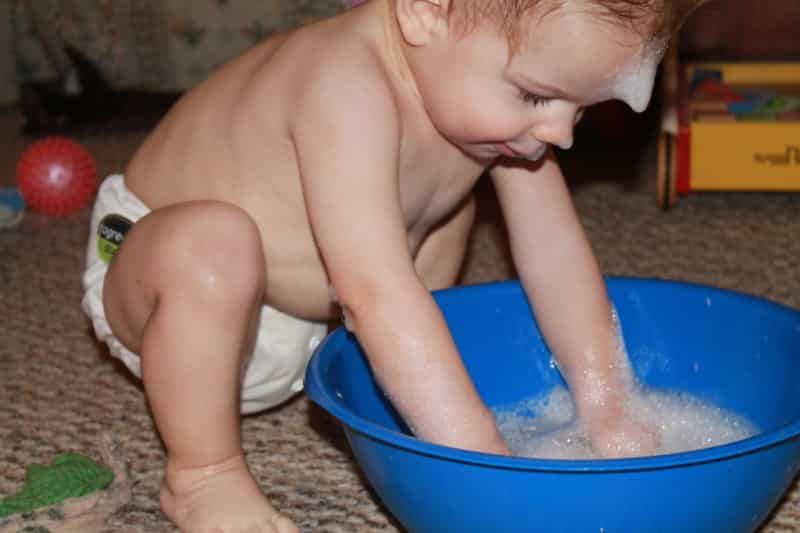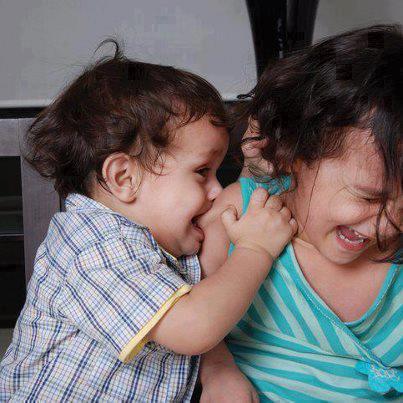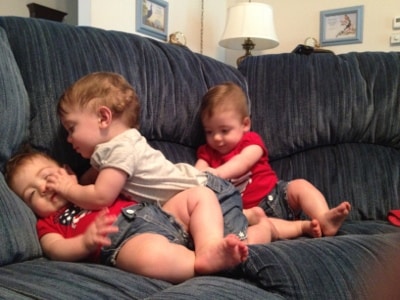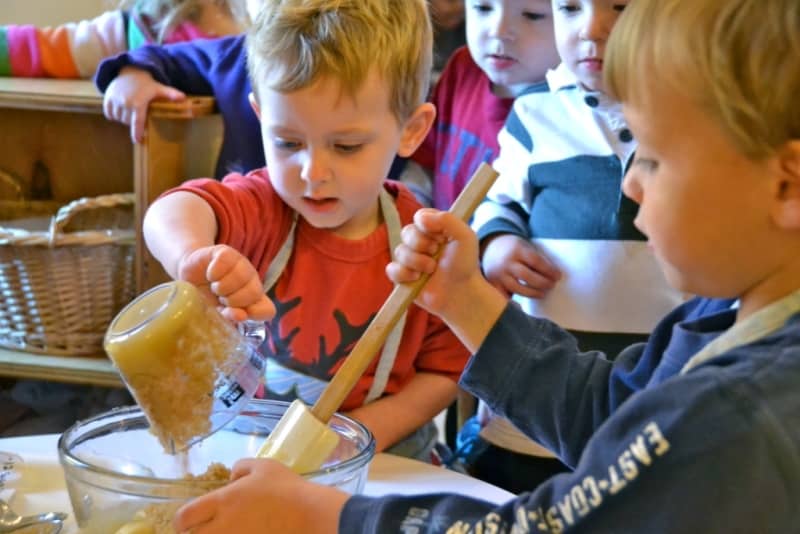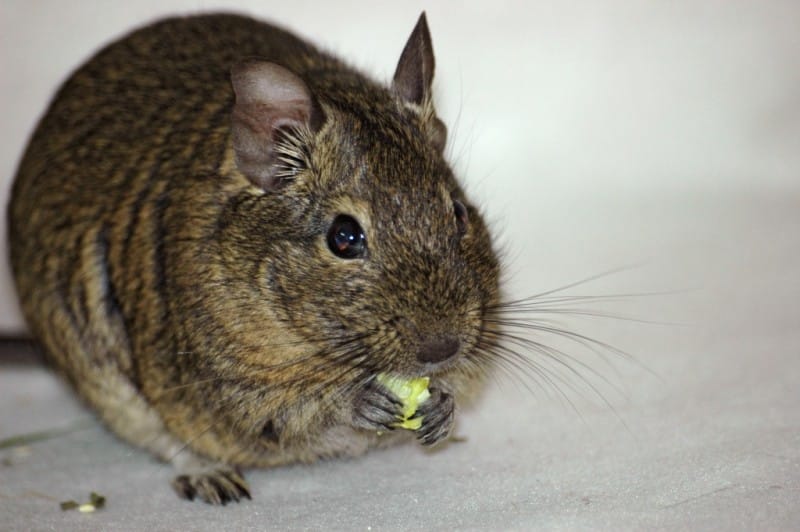There are probably blackout periods you can’t remember at all from your childhood, and the memories you do have are likely hazy and garbled. However, research has now explained why you can’t remember those things while you were a child.
For a while lets try to go back to your earliest memory. Now think about your age when that event occurred. Chances are that earliest recollection extends no further back than your third birthday. In fact, you can probably come up with only a handful of memories from between the ages of 3 and 7, although family photo albums or other cues may trigger more. Psychologists refer to this inability of most adults to remember events from early life, including their birth, as Childhood Amnesia (also called Infantile Amnesia).
Childhood amnesia is the inability of adults to retrieve episodic memories before the age of 2–4 years, as well as the period before age 10 of which adults retain fewer memories than might otherwise be expected given the passage of time. For the first 1–2 years of life, brain structures such as the limbic system, which holds the hippocampus and the amygdala and is involved in memory storage, are not yet fully developed.
Research has demonstrated that children can remember events from before the age of 3–4 years, but that these memories decline as children get older. After conducting more researches, it’s been found that children have the capacity to remember events that happened to them from age 1 and before whilst they are still relatively young, but as they get older they tend to be unable to recall memories from their youngest years.
However, when the offset of childhood amnesia is defined as the age at which the majority of memories are personal recollections rather than known events, then offset occurs at approximately 4.5 years old. This may be due to children’s development of understanding and knowledge of their own memory.
On the other hand through a research it’s been found that childhood amnesia is a factor of time that’s passed. The researchers of that research created four groups. One group comprised some children of 5-year-old. The second group included 8 and 9 year olds children, the third group consisted of young adolescents (12 and 13 years old) and the final group of participants was made up of young adults ages 18 through 20.
Researchers asked questions about recent events and then went back in time to ask about events that occurred around age 3 years old, before age 3 and the earliest memory participants could muster. More than 20 percent of the children could recall memories from before their first birthdays, but most of the adults’ and adolescents’ first memories were from after age 3 years old.
Research also has shown that young children can store long-term memories, contrary to some theories that say the reason for childhood amnesia is that children’s brains simply aren’t capable of forming memories at such early ages. According to researchers, mammals generate new brain cells all the time, but when we’re babies the rate of this process, known as neurogenesis, is at its highest. Because of all the new things we experience as infants, there’s a lot of early-life action in the hippocampus in particular – the region of the brain that is associated with memories and learning.
Researchers have suggested that all the new neurons being formed could be pushing out established memory circuits. For their study, they boosted the rate of neurogenesis in some of the mice by either giving them drugs or a running wheel (both known to stimulate neuron production in the rodents), and slowed down neurogenesis in others. They found that the young mice who’d had their neuron production slowed down were able to remember things better than those that had the process sped up.
Researchers also looked at guinea pigs and a Chilean rodent called a degu, two species which are born with a more mature brain and have naturally lower rates of neurogensis when they’re infants. Neither of these species normally experience infantile amnesia, but when the scientists increased their rates of neurogenesis above normal levels, neither could store memories from when they were babies.
Given the similarities between rodent and human brains, the researchers believe the same process could cause humans to forget their early childhood. If you would like know more, then you can read the researchers’ study published in Science Magazine.
Source: Science Magazine
Thanks To: Vox, Science Alert
[ttjad keyword=”ps3″]



